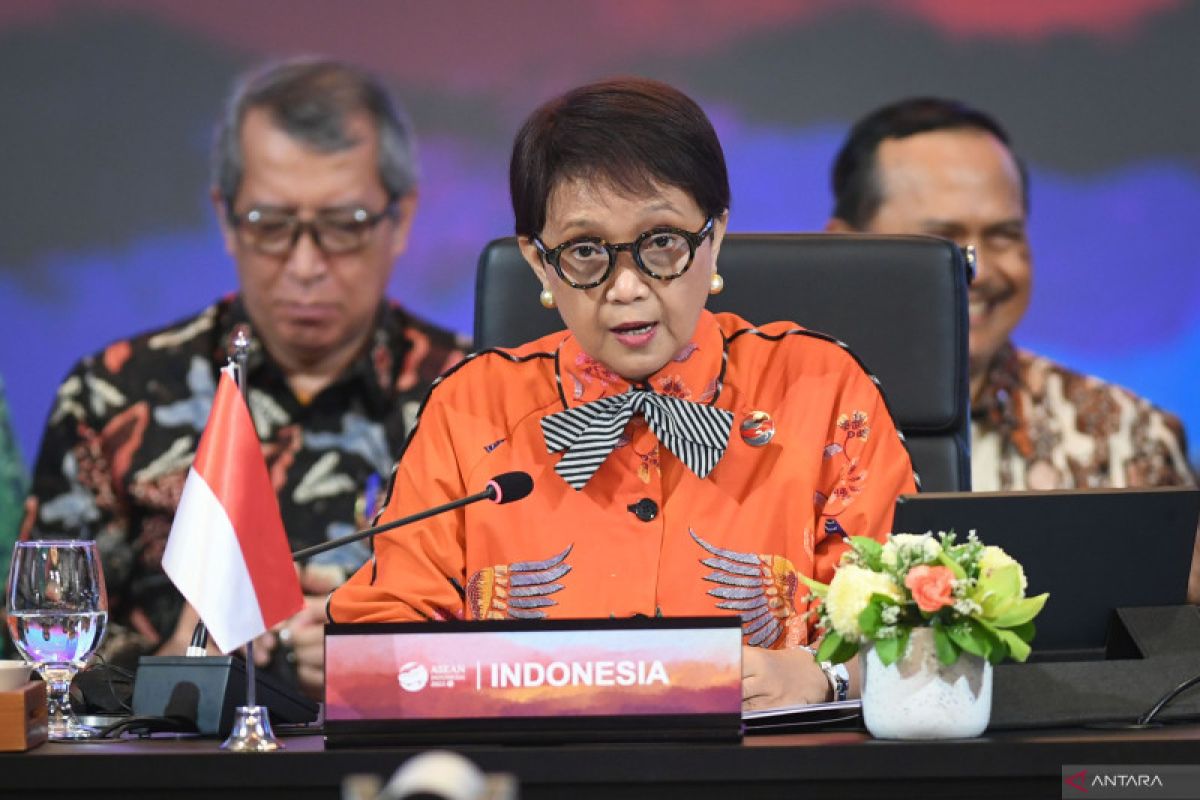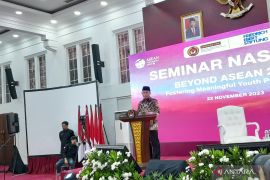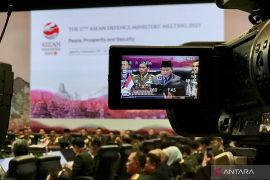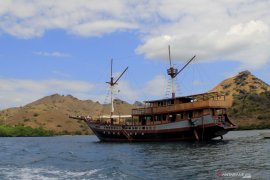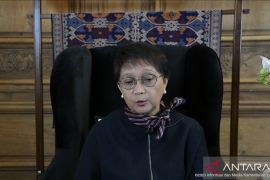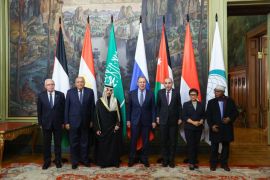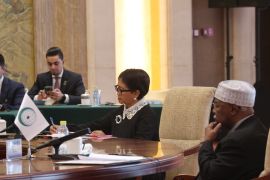Both parties adopted the guidelines during the ASEAN foreign ministers' meeting with Wang Yi, China's Director of the Office of the Central Commission for Foreign Affairs, in Jakarta on Thursday.
Indonesian Foreign Affairs Minister Retno Marsudi and Wang Yi jointly co-chaired the meeting, according to a written statement released by the Indonesian Ministry of Foreign Affairs.
In her opening remarks, Marsudi noted that China has been ASEAN's key partner for peace, stability, and prosperity in the Indo-Pacific.
"Now, our partnership becomes even more vital amidst growing challenges," the minister added.
She then elaborated that ASEAN and China have reached important milestones in their relations this year, as both parties have completed the Guidelines to Accelerate Effective and Substantive COC Negotiations and the second reading of the Single Draft CoC Negotiating Text.
Moreover, this year ASEAN and China are commemorating the 20th anniversary of the latter's accession to the Treaty of Amity and Cooperation (TAC).
"These achievements should continue to build positive momentum to bolster a partnership that advances a paradigm of inclusivity and openness, respects international law, including UNCLOS 1982, and promotes the habit of dialogue and collaboration," she remarked.
Furthermore, she urged China to become ASEAN's staunch partner in preserving an open and inclusive regional architecture.
"Only then can we attain win-win cooperation for the sake of common peace, stability, and prosperity in the Indo-Pacific," she added.
Marsudi also sought China's support for the concrete implementation of the ASEAN Outlook on the Indo-Pacific (AOIP), including the plan to hold the ASEAN Indo-Pacific Forum (AIPF) in September.
Currently, Indonesia holds the chairmanship of ASEAN and promotes the theme of "ASEAN Matters: Epicenter of Growth" to reflect its goal of making ASEAN important and relevant as the world's growth center.
The minister also read out the joint statement of ASEAN issued at the 42nd ASEAN Summit, held on May 9-11 in Labuan Bajo, East Nusa Tenggara.
The statement highlights several aspects, including the importance of compliance with the TAC, the adoption of Guidelines to accelerate CoC negotiations, support for the implementation of the AOIP, economic cooperation, strengthening health resilience, and people-to-people contacts.
Meanwhile, China expressed its support for the TAC and the centrality of ASEAN in developing an inclusive regional architecture.
During the meeting, China also highlighted several priority areas of cooperation, such as agriculture, the development of electric vehicles (EVs), the blue economy, and people-to-people contacts.
The meeting encouraged both parties to increase their economic cooperation, including concluding negotiations for the Free Trade Agreement (FTA) 3.0 to strengthen trade relations and regional supply chains.
Both parties also emphasized the importance of revitalizing post-pandemic connectivity, including realizing China's commitment to regional infrastructure development.
Furthermore, the meeting welcomed the progress made in the negotiations of the South China Sea CoC and pushed for all-out efforts to ensure regional food resilience and develop new and renewable energy to address the detrimental effects of climate change.
Economically, China is ASEAN's largest trading partner, and vice versa, with their trade reaching US$975 billion. China is also the fourth-largest source of foreign direct investment in Southeast Asia, with a value totaling US$13.8 billion in 2021.
Related news: ASEAN-China cooperation boosts economic integration: Wang Yi
Related news: FM invites China to become ASEAN's partner for open region
Translator: Yashinta Difa, Tegar Nurfitra
Editor: Anton Santoso
Copyright © ANTARA 2023
